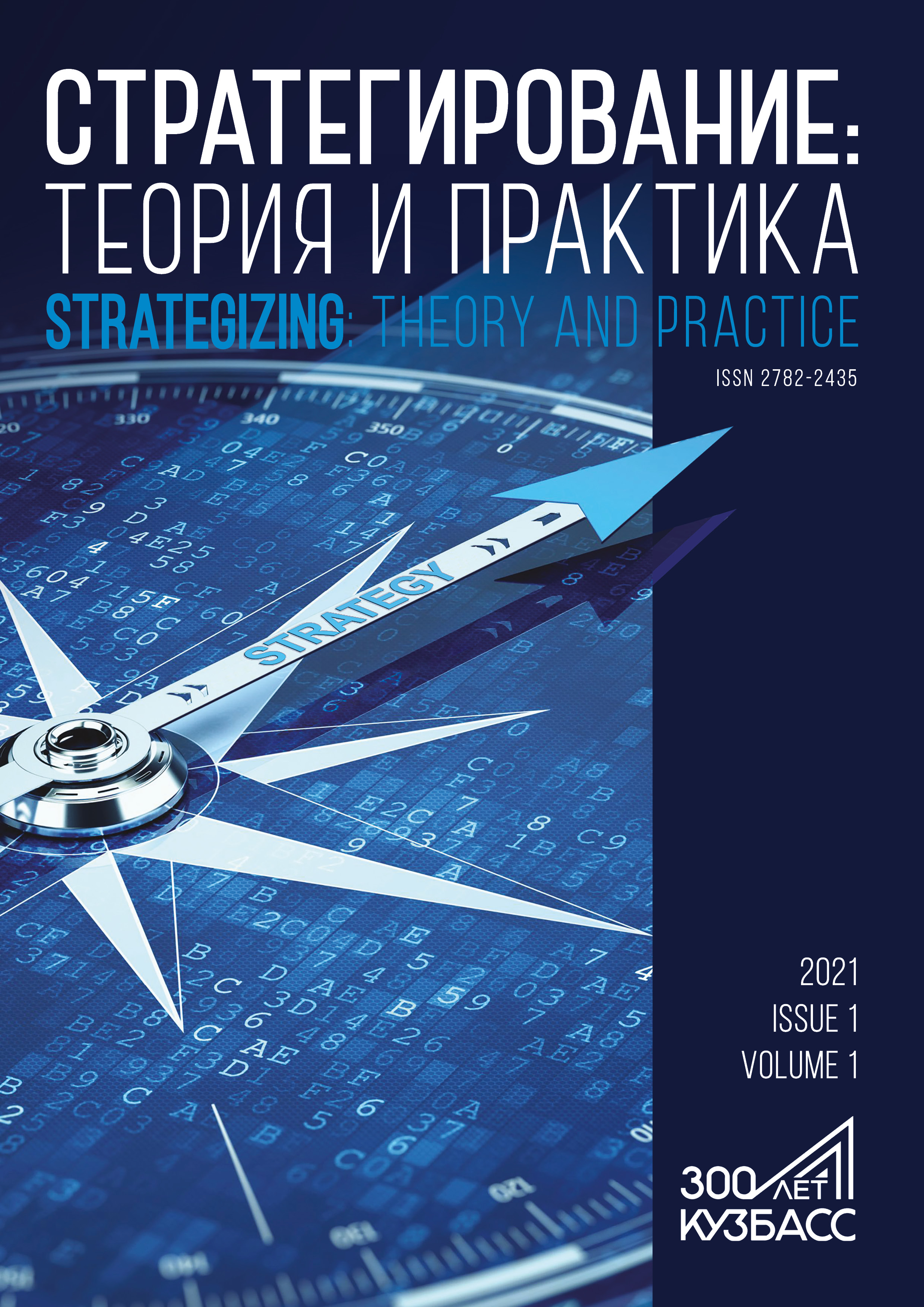Apatity, Russian Federation
The Arctic reserves of hydrocarbons play an important geostrategic and economic role for many states, whose energy security will rely on this region in the nearest decades. The development of hydrocarbon deposits in extreme conditions requires unique scientific and industrial solutions, as well as new sourcing strategies for attracting vehicles that can operate at low temperatures. Mineral production in the Polar regions is a complex technological, transport, and logistical task. As a result, each industrial production project needs a highly efficient and complex system of supporting projects, which involve naval aviation, marine fleet, integrated support bases, etc. In addition to solving technical problems, this production support system should comply with the highest standards of environmental and industrial safety, generating no adverse impact on the sensitive ecosystem of the Russian Arctic and adjacent marine territories.
Arctic, shelf, production support, logistics, production
1. Byers M. The legal status of the northwest passage and Canadian artic sovereignty: Past, present, desirable future. Moscow University Bulletin of World Politics. 2011;(2):92-128. (In Russ.)
2. Kvint VL. Strategizing Concept. Vol. 1. St. Petersburg: SZIU RANKhiGS; 2019. 132 p. (In Russ.)
3. Konovalov AM. Transport infrastructure of the Russian Arctic: problems and solutions. Arctic: zone of peace and cooperation, ed. Zagorskiy AV. Moscow: IMEHMO RAN; 2011. P. 120-141. (In Russ.)
4. Selin VS. Assessment of opportunities for the development of sea communications in the Russian Arctic. Arctic region: Problems of international cooperation: Anthology in three volumes, ed. Ivanov IS. Moscow: Aspect Press; 2013. pp. 18-29. (In Russ).
5. Fadeev AM, Cherepovitsyn AE, Larichkin FD. Strategic management of the oil and gas complex in the Arctic. Apatity: Kola Science Centre of the Russian Academy of Sciences; 2019. 289 p. (In Russ.) https://doi.org/10.25702/KSC.978.5.91137.407.5.




